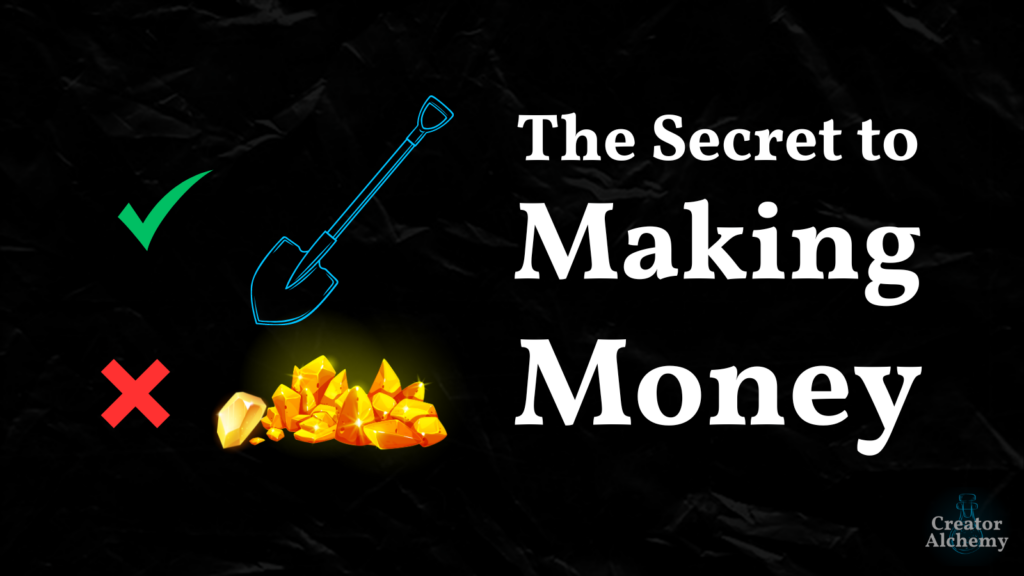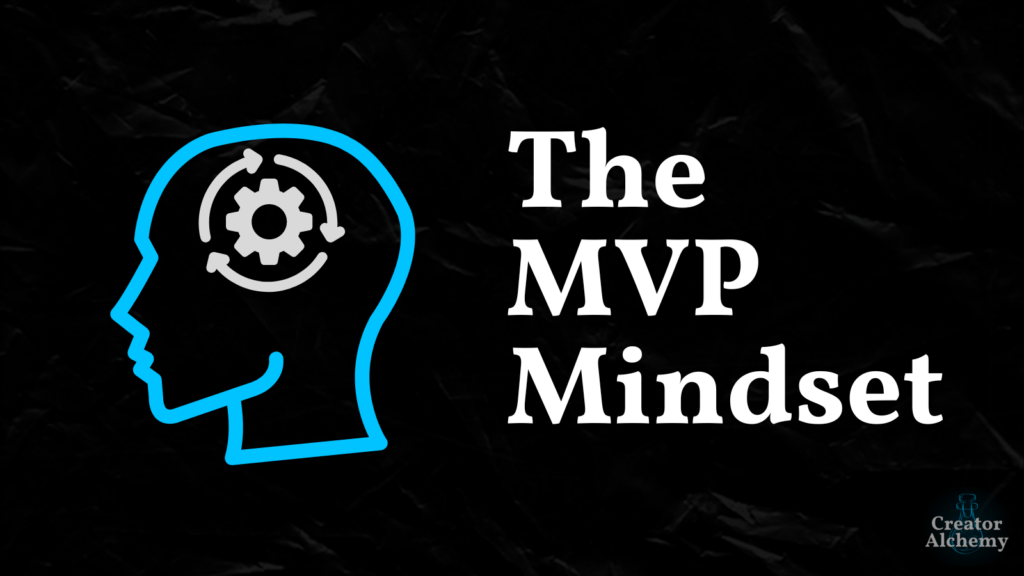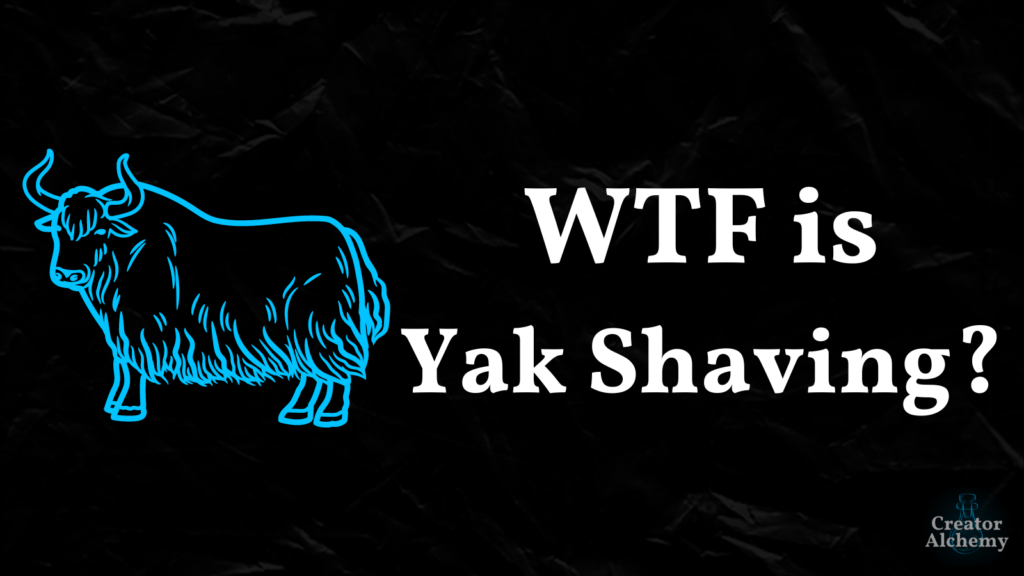When most people talk about wanting to become a world champion, talking about it is the closest they’ll ever come.
But Brandon isn’t most people.
Last week, after a hard BJJ (Brazilian Jiu Jitsu) training session, a few of us sat in a circle trading stories—each of us a small island in an ocean of sweat.
Most of us were exhausted. But Brandon, one of our newest members, was still amped up, like he fed off the intense training session.
“I’m going to be an ADCC world champion in the next few years,” he said.
If you’re not familiar with BJJ, think of ADCC like the Olympics for grappling martial arts—only the most elite athletes in the world even qualify to compete at ADCC, let alone win the whole thing.
But Brandon isn’t your average BJJ newbie. He’s a three-time national wrestling champion.
But to call him a “gifted athlete” overlooks what makes him great.
When he was a kid, he tried out for other sports, but got rejected. When he started wrestling, he was insecure, depressed, overweight, and poor—a prime target for bullies.
But he poured himself into wrestling.
Through his dedication, he became fit, gained confidence, and became a multiple-time high school All-American before going to college and winning three national championships along with other accolades.
His secret to success?
One mantra he lives by comes from another world-champion grappler:
“Stop looking for secrets. Start looking for the details.”
—Mahammed Aly
While Brandon’s competitors relied on their physical strength and athleticism, he focused on perfecting every detail of his techniques.
While his competitors chased fad diets and weird exercise routines hoping to uncover some secret to peak performance, he drilled into the details they overlooked.
He researched the best diets for him, tracked everything he ate, optimized his sleep to make sure he was recovering, stuck to a strict strength-training program, and recorded everything for 12-week increments, on top of surrounding himself with books and podcasts to stay motivated and disciplined.
This level of dedication may sound exhausting, but it’s how he approaches everything in his life:
“Success is not built on secrets and it’s not an easy 12-step formula. Success is doing hundreds of little things right consistently and staying disciplined.”
—Brandon Reed
There are no secrets. There is no spoon, Neo.
So what’s behind Brandon’s incredible work ethic and mindset of a champion?
He’s obsessed.
•••
Why the 10,000 Hour Rule is a Lie
Whatever you consistently do, you get better at—for better or worse.
But most of the time, even when we practice good things, we only ever achieve mediocrity.
We exercise and become a little stronger or faster, but not the strongest or the fastest. We become decent at painting, but never world-renowned. We become a good recreational soccer player, but never reach the big leagues.
We practice…a lot. We put in our 10,000 hours. So why do we only ever achieve “okay” status?
Because the 10,000 Hour Rule is a lie.
Train BJJ long enough, and you’ll hear this phrase:
“Slow is smooth. Smooth is fast.”
— Mitsuyo Maeda
Here’s why:
In most BJJ classes, you’re shown a technique (like an armbar), then you drill it, then spar at the end of class. Most new students rush through the drills, as if they’ll get a prize for doing the most reps.
But when you watch the senior students drill, they’re slow and methodical. They’re deconstructing every nuance, burning the technique into their muscle memory before slowly increasing their speed and intensity.
Both students are technically practicing, but one group is getting way more out of every rep.
Practice doesn’t make you great.
Deliberate, intentional practice makes you great.
In this video, Annie Bosler and Don Greene explain why:
“Mastery isn’t simply about the amount of hours of practice. It’s also the quality and effectiveness of that practice. Effective practice is consistent, intensely focused, and targets content or weaknesses that lie at the edge of one’s current abilities.”
Time is our most precious resource, but most people waste it chasing “secret” techniques or half-assing their way through a practice.
Champions, fueled by their obsession, have mastered the art of creating a time dilation field—slowing everything to a crawl so they can examine every microscopic detail before moving onto the next.
But how else does obsession affect the mindset of champions and how they approach the world?
•••
The Study of Greatness
Brandon recently went out of town to teach a wrestling camp. When he got to his hotel room, he had about four hours before camp.
Did he spend those four hours walking around town? No.
Did he spend it doom scrolling? No.
He popped YouTube up and watched BJJ championships to study the best grapplers in the world.
He’s obsessed, and it’s paying off.
He’s already submitting opponents with way more BJJ experience because he obsesses over every detail.
But Brandon didn’t invent this champion mindset.
Michael Jordan’s intense work ethic is legendary and this quote summarizes his approach going into practice:
“I don’t do things half-heartedly. Because I know if I do, then I can expect half-hearted results.”
World champions don’t practice to win.
They practice to learn, to understand, to perfect the little details everyone else overlooks. They’re a student of their craft. Being the best is a byproduct of their approach to practice.
Because you can’t control the outcome, but you do control your input.
One of the best examples of this is how Kobe Bryant approached practice as far back as elementary school…
•••
The Math of Greatness
When Kobe was 10 or 11 years old, he didn’t score a single point in basketball all summer.
So he deconstructed what he needed to do differently and created specific goals to become better, because he was obsessed with becoming the best basketball player in the world.
His first goal was to not miss open shots.
Once he hit this goal, the next was to be able to shoot them with speed.
By embracing the slow is smooth, smooth is fast mentality, Kobe developed precision, then focused on increasing his speed.
But his opponents were much more athletic than him.
So he turned to mathematics for his strategic advantage.
In this interview, he explains:
“It’s a simple thing of math if you want to be a great player. If you play every single day, two [to] three hours, every single day over the course of a year, how much better are you getting? If you’re obsessively training two [to] three hours every single day over a year, over two years, you make quantum leaps…
Show up every single day. Do the work…
You want things to be as perfect as they can be, understanding that nothing is ever perfect. But the challenge is try to get them as perfect as they can be.”
This approach to practice propelled him into the NBA, but then he hit a snag…
Kobe was used to playing one game a week in high school. When he got into the NBA, he kept shooting airballs because his legs were too weak—they weren’t conditioned to the intensity and frequency of professional basketball games.
He realized his shots were lined up, but he didn’t have the leg power to drive the ball all the way.
So he changed his workout routine to target leg strength. By the time playoffs came back around, he was ready.
But he could only get so far on his own.
To go further, he needed help.
But where do you go when you want to be one of the best?
•••
The Pursuit of Greatness
To get better, he went to “GOAT Mountain.”
For Kobe, this meant talking to Magic Johnson, Michael Jordan, Larry Bird, Hakeem Olajuwon, Jerry West, Oscar Robinson, and Bill Russel and dissecting their thought processes and experiences.
“I went to them and started understanding the ins and outs of the game and how they approach things and their level of detail and obsessiveness…and that’s what I did.”
When he transitioned out of professional sports and into business, he applied this same obsessive approach to making big investments.
“It’s pretty simple for me. Do you understand the business? Is it a business that you can help in some form or fashion? What are the barriers to entry to that business?
And then, the entrepreneurs themselves. The company itself.
Do they have a culture that you believe is sustainable? Are these leaders people that you believe in? Are they people that are obsessives? And, in turn, have they created a culture of obsessiveness?”
Because Kobe recognized the power of obsessiveness, he wanted to foster it in others. So when he created his own media company, he shifted to building a team by empowering others to push themselves and become obsessed.
“What I have to do now is make sure that the people we bring in, these obsessives that we bring in, are challenging themselves to do the best job that they think they can do.
That’s what I’m there for, is for them to constantly look in the mirror and self-assess and challenge themselves.
If we have a project and you’re saying, ‘Okay, I can do that,’ that’s not the project we want.
The projects that say, ‘I don’t know if I can animate that. I don’t know how to write that story. I don’t know how to do that.’ Those are the things we want.
Because through that curiosity, you’ll reach a level that you didn’t think was possible.”
So whether it was sports, business, or art, Kobe focused on being obsessive and helping others embrace their own obsessiveness.
•••
Wrapping Up
You don’t become the best in the world by accident.
As J.J. Watt puts it,
“Success is not owned. It is leased, and rent is due every day.”
Achieving greatness means becoming obsessed with the details and spending your most precious resource—time—diving into intentional practice.
Each of us has the potential to become the next Kobe in our industry—and becoming obsessed is the key to unlocking our potential.
Brandon is well on his way to greatness (follow his journey here).
Are you?



